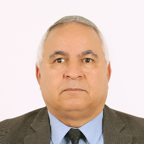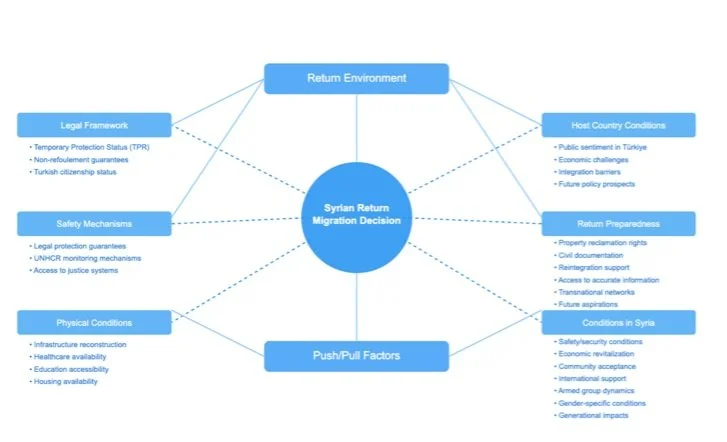The International Migration Association (AMI) is a research and training association under Moroccan law, created in 2011 by Moroccan and foreign researchers from various continents.
Its headquarters are located at the National Institute of Statistics and Applied Economics (INSEA) in Rabat, Morocco.
Its field of action focuses on International human mobility and the evolution of its social and natural, demographic, economic, political, and cultural environment.
Its works focuse on the causes, conditions, and impact of International migration on the development of countries of the South, particularly Morocco.
Its approach is multidisciplinary.
Its members are Moroccan and foreign researchers, members of NGOs, and executives of private and public administrations.
It conducts field surveys, organises International symposia, and proceeds to the publication of reports and studies, most of them in cooperation with National, Regional, and International NGOs and government agencies.
Mehdi Lahlou
Professor Mehdi Lahlou is a Doctor of State in Economic Sciences, University Paris-I, Panthéon-Sorbonne (Paris, France), 1982. He received his Bachelor of Economics at Mohamed V University, Rabat where he is now a professor and associate researcher.
He’s working on the issue of international migration and analyses the various migratory flows in the Mediterranean and between the Maghreb and the EU.
He carried out numerous studies on this subject, with the support of academic and research entities (such as IUE in Florence, IAI in Rome, ICMPD in Vienna, IEMed in Barcelona, Al Akhawayn University, Ifrane, etc…), and drafted numerous reports with the support of the Moroccan Ministry in charge of Moroccans living abroad and migration affairs, the International Labor Office (ILO) or German Cooperation (GIZ).
He’s an NGO representative to UNESCO (since 2016).
Other
• He’s coordinating in Morocco the MADAR project (Maghreb Action on Displacement and Rights). A Project supported by Keele University with the aim to improve the humanitarian protection of vulnerable displaced people in Algeria, Morocco, and Tunisia
• He contributed since October 2018, he has contributed as a Senior researcher at the University Mohamed V, Rabat, to the H2020 project – called GREASE - on ‘’Religious Diversity Governance in Europe, Asia, and North Africa’’ by the UE. 2018-2022
• He is a member of the Advisory Board of the European H2020 project on ‘’Co-radicalisation of Youth in Europe: Islamophobism vs. Islamism’’. Istanbul Bilgi University. Turkey. Project coordinator: Prof. Dr. Ayhan Kaya. 2019-2023
• He has been the Coordinator of the Returnees Program RNO - “Returning to New Opportunities”, with the support of DVV International and GIZ – Germany. Morocco, 2018-2020
• He’s collaborating with Toronto Metropolitan University, Toronto, Canada.
• He’s a member of the Bureau of AMI – Association Migration International, Morocco.
• He’s the General Secretary of NAMAN (North African Network of Researchers working on Migration and Migration Policies in the Maghreb), Morocco.
• He’s a member of the Knowledge Platform for Migration Governance in Africa.
Mohamed MGHARI
Statistician- Demographer. Currently, Regional Director of Planning at the High Commission for Planning, and focal point of the High Commission for Planning for international migration issues. He is also Secretary General of the “Association Migration Internationale (AMI)” which is a research structure in the field of international migration in Morocco and President of the specialized technical group on the harmonization of international migration statistics of the African Migration Observatory.








Timokleia Psallidaki is a member of the GAPs research team in Greece at the National Centre for Social Research (EKKE). She is a PhD candidate in Migration Studies and Human Geography at the Department of Urban and Regional Planning, School of Architecture, National Technical University of Athens (NTUA). Her research interests include migration, border transformations, practices of migrants’ settlement in the city, socio-spatial inequalities, European migration policies, mobility, and precarity. During my postgraduate studies in Urban and Regional Planning at NTUA, I engaged with critical geography perspectives that conceptualize space as a relational entity—one shaped by interconnections, multiplicity, and ongoing interactions between global and local dynamics. Perceiving space…